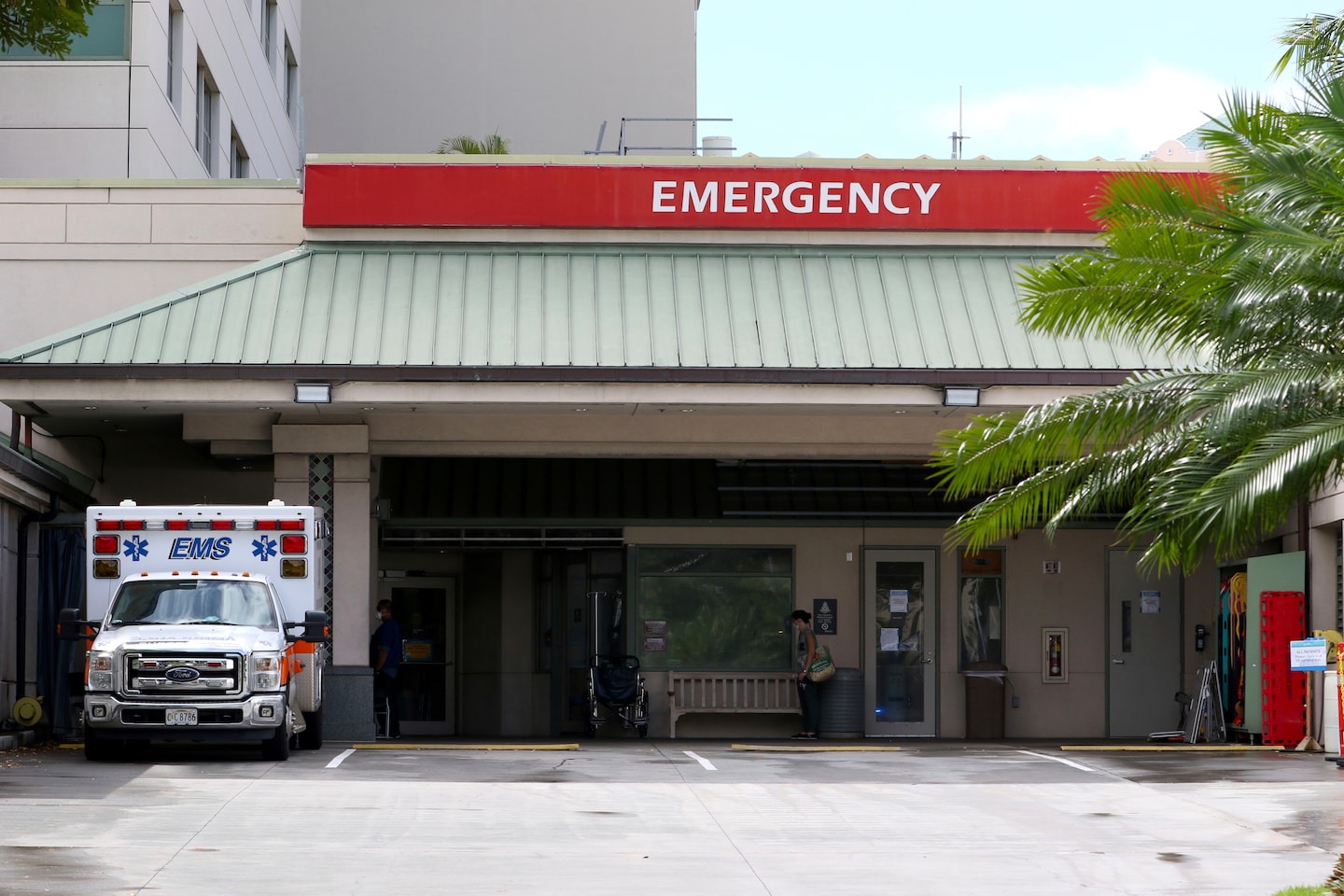Your medical debt could soon be excluded from your credit report, say top credit bureaus

Starting in the first half of 2023, the bureaus will no longer include medical collection debt under at least $500 on credit reports.
The bureaus said this action comes after “months of industry research.”
“As an industry, we remain committed to helping drive fair and affordable access to credit for all consumers,” the chief executives of the bureaus said in a joint statement.
But the decision follows a major report from the Consumer Financial Protection Bureau (CFPB) that indicated the agency was seriously looking into regulatory rules to exclude such debt from credit reports.
As of the second quarter of 2021, 58 percent of bills in collections were medical bills, according to the CFPB. The CFPB’s research also showed $88 billion in medical debt on consumer credit records as of June 2021.
“This action shows that a strong CFPB with a strong director can make transformational change for the lives of everyday consumers,” said Jenifer Bosco, staff attorney at the National Consumer Law Center (NCLC). “The change will help most of the 15 percent of Americans with medical debt on their credit report.”
Last week, NCLC issued a report looking at the impact of medical debt on Black households. “Due to racial inequities in health and wealth, the medical debt crisis has impacted Black families more acutely than white families,” wrote Berneta Haynes, staff attorney at NCLC and author of the report.
Sixty-two percent of bankruptcies are related to medical debt, according to the NCLC report.
“Unlike other expenses, medical bills often arrive unexpected, sending families spiraling into a financial crisis,” Haynes wrote. “The situation worsens as medical bills go unpaid and end up reported to credit bureaus, harming consumer credit scores that increasingly have become important for obtaining employment, housing, and other financial products.”
Medical debt can plague people for years. Yet research has demonstrated that medical billing data on credit reports is typically an unreliable indicator of people’s ability to pay their bills, the CFPB said.
Some newer credit scoring models don’t give much weight to medical collections, often resulting in an average 25-point increase in consumers’ credit scores, the CFPB said.
“Millions of Americans have experienced credit report coercion: where they are pressured to pay medical bills they may not even owe, to prevent a black mark on their credit report that can threaten their employment, housing, and credit prospects,” the CFPB said in an email.
The CFPB said it will be “closely reviewing the details of the credit reporting agencies’ plans.”






